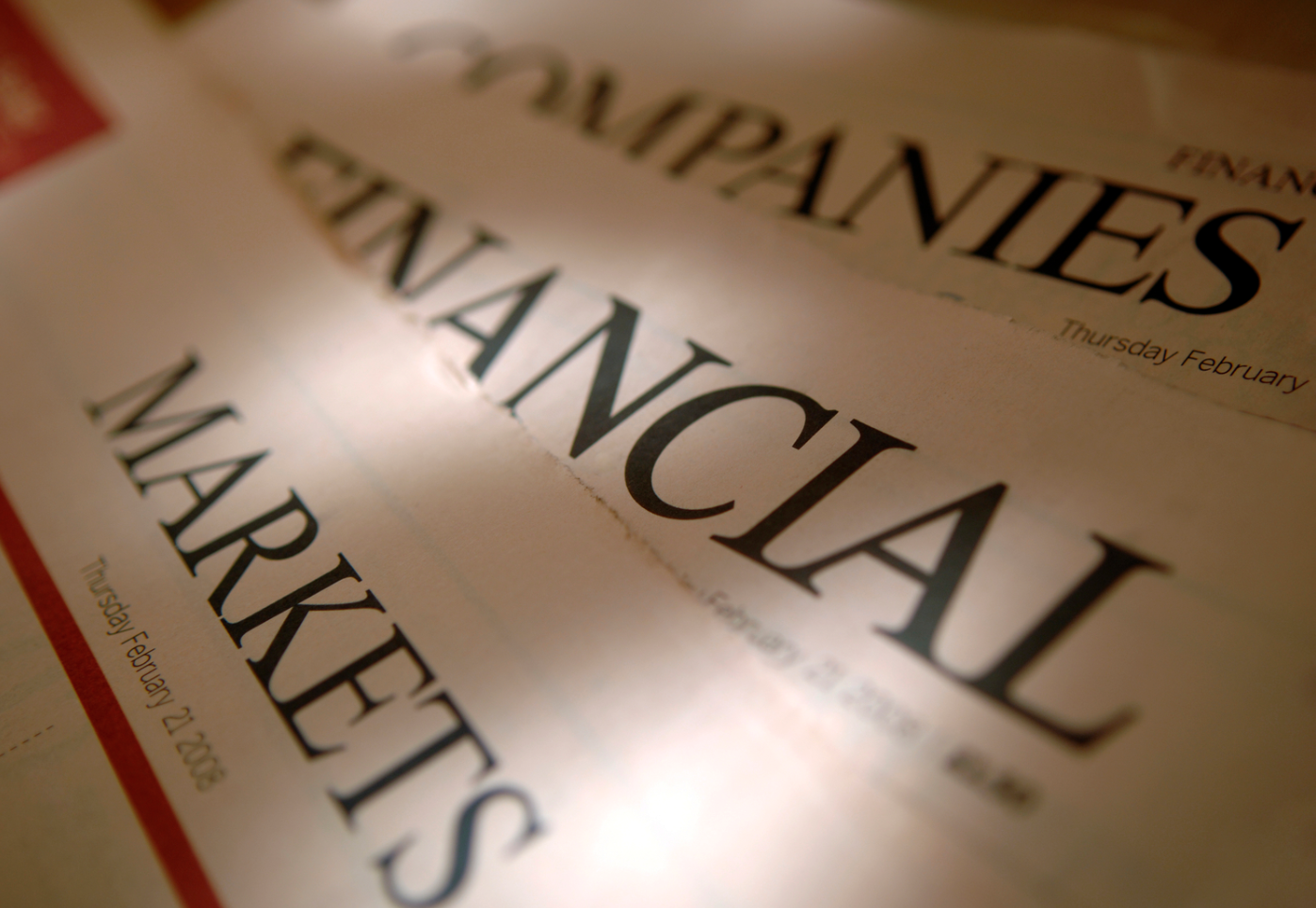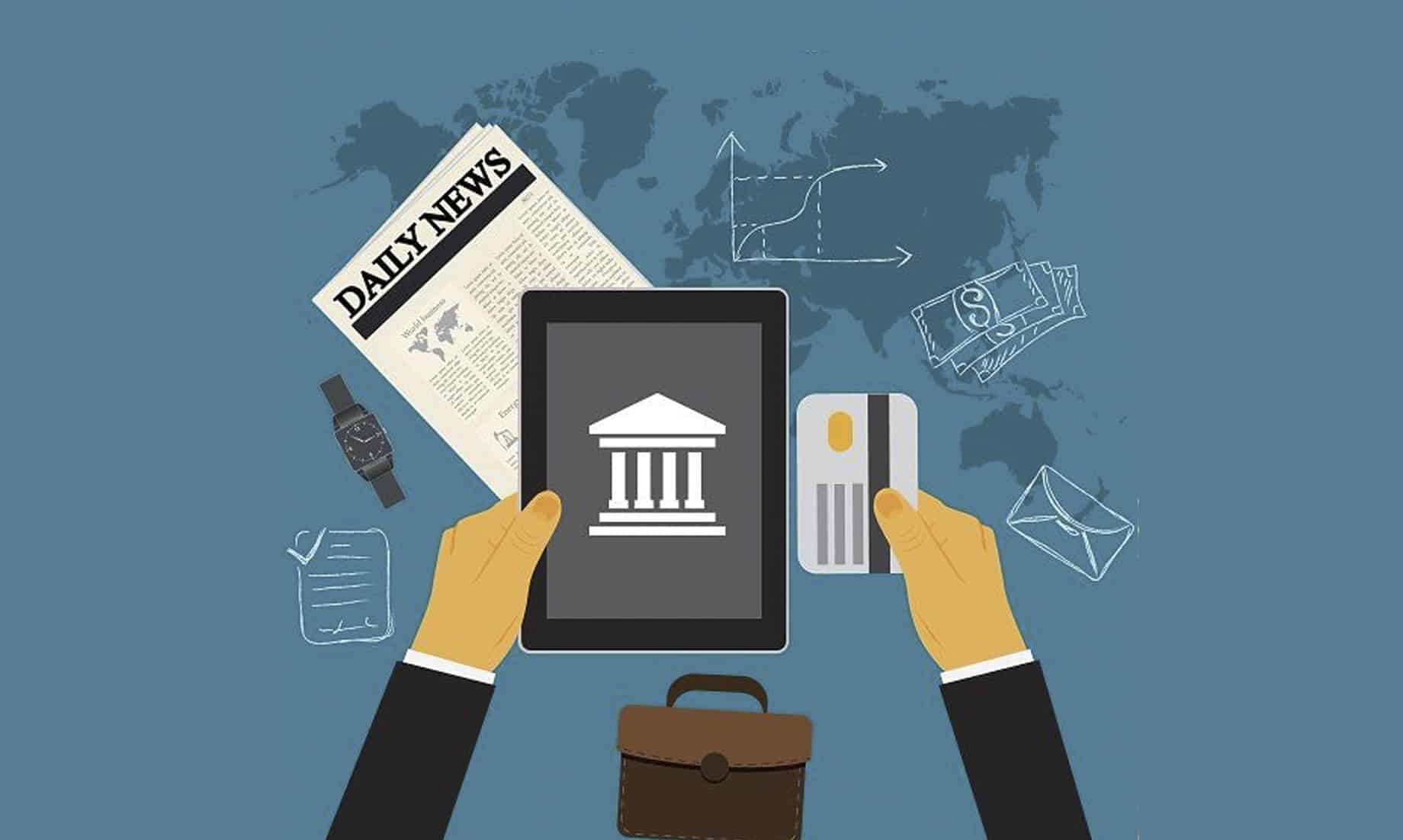The energy financing conundrum

With economies reopening — some ever so slowly, some in a rage — energy players have been in the limelight. An industry that was one of the hardest hit during the COVID-19 lockdowns, with factory activities halted, leisure and commercial activities closed, travel, transportation all reducing or all together stopping their energy consumption — power generation projects were put on hold, and profits were hard hit. But as countries turn a corner towards growth, energy consumption has rebounded. In fact, here in the Philippines, there is even the concern of overwhelming the grid, a supply-side issue the country has faced for many years pre-pandemic. In an interview with the National Grid Corp. of the Philippines (NGCP), they told me that if it were not for the lockdowns which reduced the energy consumption so sharply, we would have actually had a truly difficult period of black-outs with a major lack of energy security by now. What a strange idea: buti nalang (it was fortunate that) consumption was low. So, how do we ensure that we can increase consumption and maintain or actually dramatically improve energy security?
I hosted and moderated the Conference of the Electricity Power Supply Industry (CEPSI), the Energy Digicon of Asia-Pacific organized by the Association of the Electricity Supply Industry of East Asia and the Western Pacific (AESIEAP) where the agenda to bring the key decision makers in Asia (as well as globally) was to drive sustainability and social inclusion through collaboration. The conference focused on smart power grids and innovative solutions in a post-pandemic world. With a panel including Gil Quiniones, former CEO of the New York Power Authority, as well as representatives from Singapore Power, Tokyo Electric, Sarawak Energy, Sinag Global Energy, Nokia Bell Labs, and Meralco, we discussed the energy transition, decentralization of energy sources, and, of course, how realistic it is to achieve net zero targets and shift (completely?) to renewable sources of energy.
Key takeaways in the presentations were the discrepancies in the energy security of different economies, with Singapore, for instance, already implementing artificial intelligence in data monitoring to have one of the most reliable electricity supplies in the world. Meralco’s CEO Ray Espinosa said it was not feasible nor practical to rely completely on the renewable sources of energy we have, that is, solar, geothermal, wind, and hydro here in the Philippines, that we would still need fossil fuels as a strong baseload to ensure energy security, but that perhaps the exploration of nuclear energy could solve that baseload problem. Momoko Nagasaki of TEPCO or Tokyo Electric, highlighted their plans to spend $27 billion in carbon neutral projects by 2040, an amount which, of course, we in the Philippines have no such level of commitment.
Decentralization of the generation was also important, to reduce the costs of transmission and consequently lower the energy costs to the end users. But to get to this point, technology of storage batteries would need to dramatically improve. Gil Quiniones, a veteran in the industry whose experience has mostly been in New York, explained their ambitious renewable energy targets but highlighted how customer empowerment is of utmost importance. To that end, they created a Sustainable University for their own employees but also for the clients they work with, and doubled investments in diversity, equity, and inclusion, with the idea that energy must be most affordable for the most vulnerable. He says that while the COVID-19 pandemic hit New York hard, it also provided an opportunity for green energy and the integration of real-time monitoring to rethink their energy strategies.
Still, time and again, the question has never been whether the energy transition is important for Mother Earth, but always mainly whether it makes economic sense. The push for carbon neutral won’t matter if consumers will need to bear the brunt for more expensive sources of energy in an already struggling economy, and investors will not finance sustainability if it does not provide them higher returns than they are currently used to. And while governments must play the biggest role in regulating the sources of energy, there is a bigger influence that private sector players can have. Dr. Kenneth Budka of Nokia Bell Labs says that there is economic value in the future energy economy. Imagine the possibilities of 4G and 5G technologies in controlling the flows of the grid and in extending the lifetime of the assets. He says that while it takes some technological innovations, it’s nothing too dramatic, instead: “we can do more with the same” … and make money in the process. Something energy financiers love to hear without getting berated for unsustainable practices.
Three things appear to be the low-hanging fruit in getting this conundrum solved: artificial intelligence, generation decentralization, and batteries. Finance those. Everything else will iterate.
Daniela “Danie” Luz Laurel is a business journalist and anchor-producer of BusinessWorld Live on One News, formerly Bloomberg TV Philippines. Prior to this, she was a permanent professor of Finance at IESEG School of Management in Paris and maintains teaching affiliations at IESEG and the Ateneo School of Government. She has also worked as an investment banker in The Netherlands. Ms. Laurel holds a Ph.D. in Management Engineering with concentrations in Finance and Accounting from the Politecnico di Milano in Italy and an MBA from the Universidad Carlos III de Madrid.




